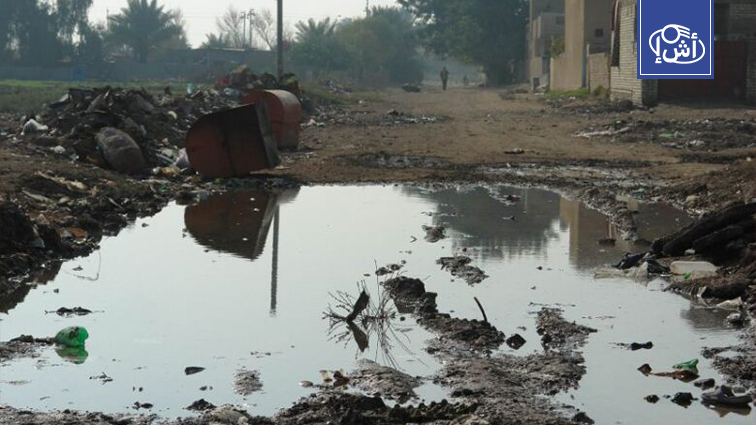Since the outbreak of war in Sudan on April 15, 2023, serious environmental consequences have emerged that threaten the population and the climate.
A recent study conducted by the Moatasem Nimr Center for Environmental Culture revealed the devastating effects of war on the environment, including water, air and soil pollution as a result of fires, explosions and chemical gases leaking from weapons.
The study shows that wars contribute to the destruction of civilian and industrial infrastructure, leading to the leakage of dangerous chemicals and oils into water sources, causing serious environmental pollution.
In addition, the health system has deteriorated with the spread of unburied bodies, which further exacerbates the health situation.
The study divides Sudanese states into displacement and conflict states, where displacement states suffer from a significant increase in waste production and sewage, leading to the spread of diseases such as dengue fever and malaria, while conflict states such as Khartoum are exposed to the destruction of infrastructure and environmental pollution with dangerous chemicals.
Abu Bakr Mohammed, a researcher in environment and wildlife, confirmed that the war destroyed dangerous industrial areas in the capital, Khartoum, which led to the leakage of toxic materials into the soil and water, causing cases of poisoning among the population. He also pointed out the destruction of important forests such as the acacia forest and the disappearance of forest cover as a result of the indiscriminate cutting of wood.
Rare environments such as industrial wetlands are being destroyed, threatening biodiversity, and snakes have appeared in residential areas due to the change in the nature of the environment and the spread of weeds, which increases the risk of exposure to poisonous bites.
The war also caused the destruction of environmental research institutions, such as the Sudan Museum of Natural History, which led to the loss of rare research samples dating back to the nineteenth century.
The museum director, Sarah Abdullah Khader, indicated that the museum was destroyed by 90%, which represents a major loss to the scientific and environmental heritage in Sudan.
These devastating environmental consequences add a new dimension to the Sudanese tragedy, as the population suffers from major health and environmental risks that require urgent action to save what can be saved.
A Sudanese campaign launches an initiative to stop rape in the conflict zones
